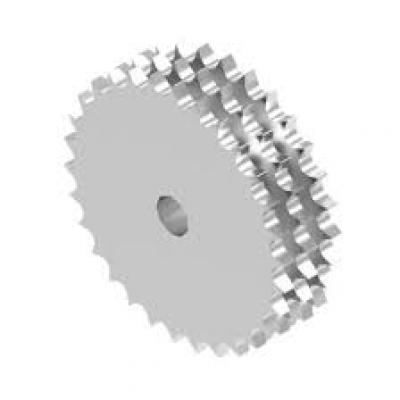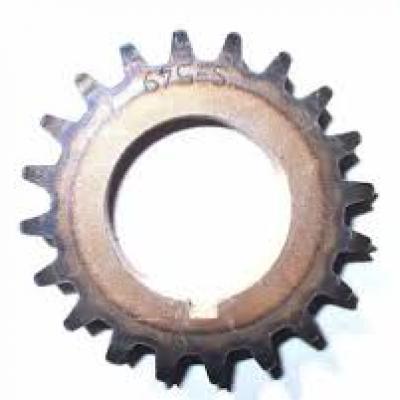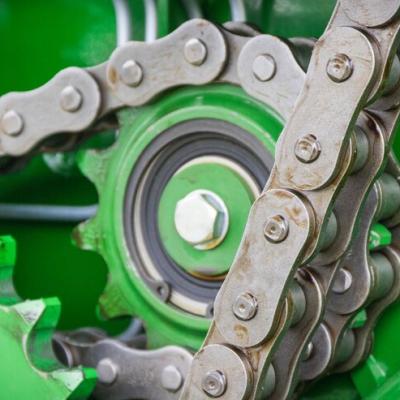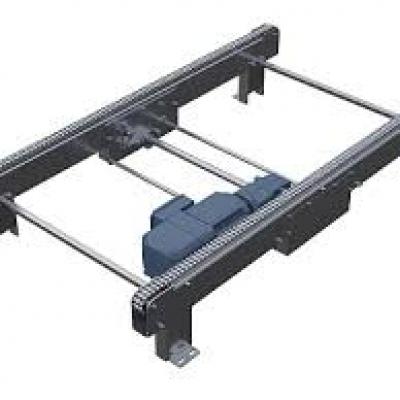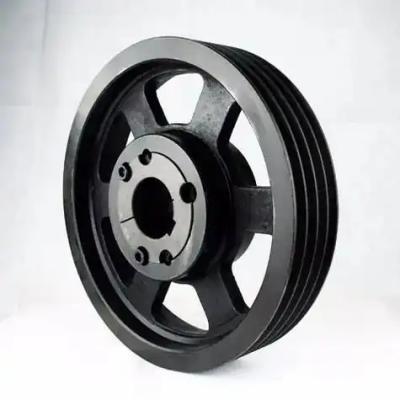Agricultural Machinery and Sprocket Chains
Agricultural machinery plays a vital role in modern farming, and sprocket chains are essential components within many of these machines.In tractors, sprocket chains are often utilized in the transmission system. They help transfer power from the engine to the wheels, enabling the tractor to move across various terrains with the appropriate torque and speed. This is crucial for activities like plowing, where the tractor needs to pull heavy plows through the soil. The sprocket chain's durability and ability to handle high loads ensure reliable operation even in the demanding conditions of agricultural fields.
Harvesters also rely on sprocket chains. For example, in a combine harvester, the chain and sprocket mechanism is used to drive the cutting blades that sever the crops. It also powers the conveyor belts that transport the harvested grains or other produce within the machine for further processing and collection. The precise movement and power transmission provided by the sprocket chains contribute to efficient and accurate harvesting, minimizing losses and maximizing productivity.
Irrigation systems in agriculture sometimes incorporate sprocket chains as well. They can be used to drive the mechanisms that control the movement and distribution of water, such as rotating sprinkler heads or adjusting the flow of water in certain types of irrigation channels. This allows for more precise watering of crops, ensuring they receive the right amount of moisture for optimal growth.
Moreover, in some agricultural processing equipment like grain mills or feed mixers, sprocket chains are used to drive the internal components that crush, grind, or mix the agricultural products. Their reliable power transfer and flexibility in adapting to different machine designs make them a preferred choice for these applications.
However, due to the dusty and often harsh agricultural environment, proper maintenance of sprocket chains in agricultural machinery is of utmost importance. Regular cleaning to remove dirt, debris, and crop residues that can accumulate and cause wear is necessary. Lubrication should also be carried out frequently to reduce friction and extend the lifespan of the chains and sprockets. This way, agricultural machinery can continue to operate efficiently and effectively, contributing to the success of farming operations and food production.
